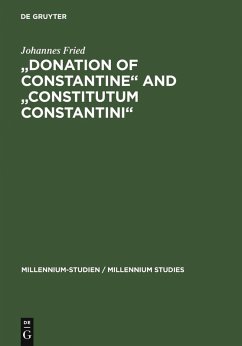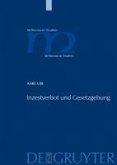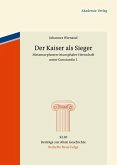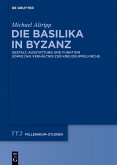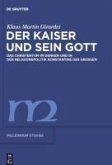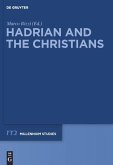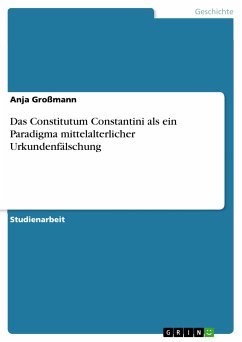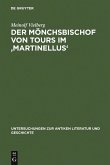The Donation of Constantine is the most outrageous and powerful forgery in world history. The question of its precise time of origin alone kept generations of researchers occupied. But, what exactly is the Donation of Constantine? To find the answer, it is necessary to approach the question on two different semantic levels: First, as the Constitutum Constantini, a fictitious privilege, in which, among other things, rights and presents were bestowed on the catholic church by a grateful Emperor Konstantin. Secondly, as a reflection of the Middle Age mindset, becoming part of the culture landscape midway through 11th century A.D. The author not only reinterprets the origin of this forgery (i.e. puts it down to the Franks' opposition of Emperor Louis the Pious), but retells, as well, the history of its misinterpretation since the High Middle Ages.
In an appendix, all relevant texts are printed in the original language, an English translation is provided.
Dieser Download kann aus rechtlichen Gründen nur mit Rechnungsadresse in A, B, BG, CY, CZ, D, DK, EW, E, FIN, F, GR, HR, H, IRL, I, LT, L, LR, M, NL, PL, P, R, S, SLO, SK ausgeliefert werden.
"This book could be characterised as a collection of lectures with a stimulating discussion of individual and collective memory on the Donation of Constantine and the origin of the Constitutum. [...] Fried has not settled the argument but he makes an important contribution to a debate which will long continue." Przemyslaw Nowak in: The Journal of Ecclesiastical History 2/2008
"The Donation of Constantine is a clear cut example of how historical fiction can enter public memory and, fed by various powers, stay there for centuries. [...] Fried has provided a book of great value not only to specialists in the matter, but also to less specialized readers, definitely a milestone in this specific field of research." Jan Nelis in: BMCR 2008.02.21
"The Donation of Constantine is a clear cut example of how historical fiction can enter public memory and, fed by various powers, stay there for centuries. [...] Fried has provided a book of great value not only to specialists in the matter, but also to less specialized readers, definitely a milestone in this specific field of research." Jan Nelis in: BMCR 2008.02.21
"Das jüngste Buch des Frankfurter Mediävisten Fried fasziniert durch den energischen Zugriff, in dem ein neuer methodischer Ansatz für die Forschung fruchtbar gemacht und manches eingefahrene Urteil revidiert wird."
Volker Leppin in: Das Mittelalter 2/2009
"This book could be characterised as a collection of lectures with a stimulating discussion of individual and collective memory on the Donation of Constantine and the origin of the Constitutum. [...] Fried has not settled the argument but he makes an important contribution to a debate which will long continue."
Przemyslaw Nowak in: The Journal of Ecclesiastical History 2/2008
"The Donation of Constantine is a clear cut example of how historical fiction can enter public memory and, fed by various powers, stay there for centuries. [...] Fried has provided a book of great value not only to specialists in the matter, but also to less specialized readers, definitely a milestone in this specific field of research."
Jan Nelis in: BMCR 2008.02.21
Volker Leppin in: Das Mittelalter 2/2009
"This book could be characterised as a collection of lectures with a stimulating discussion of individual and collective memory on the Donation of Constantine and the origin of the Constitutum. [...] Fried has not settled the argument but he makes an important contribution to a debate which will long continue."
Przemyslaw Nowak in: The Journal of Ecclesiastical History 2/2008
"The Donation of Constantine is a clear cut example of how historical fiction can enter public memory and, fed by various powers, stay there for centuries. [...] Fried has provided a book of great value not only to specialists in the matter, but also to less specialized readers, definitely a milestone in this specific field of research."
Jan Nelis in: BMCR 2008.02.21

